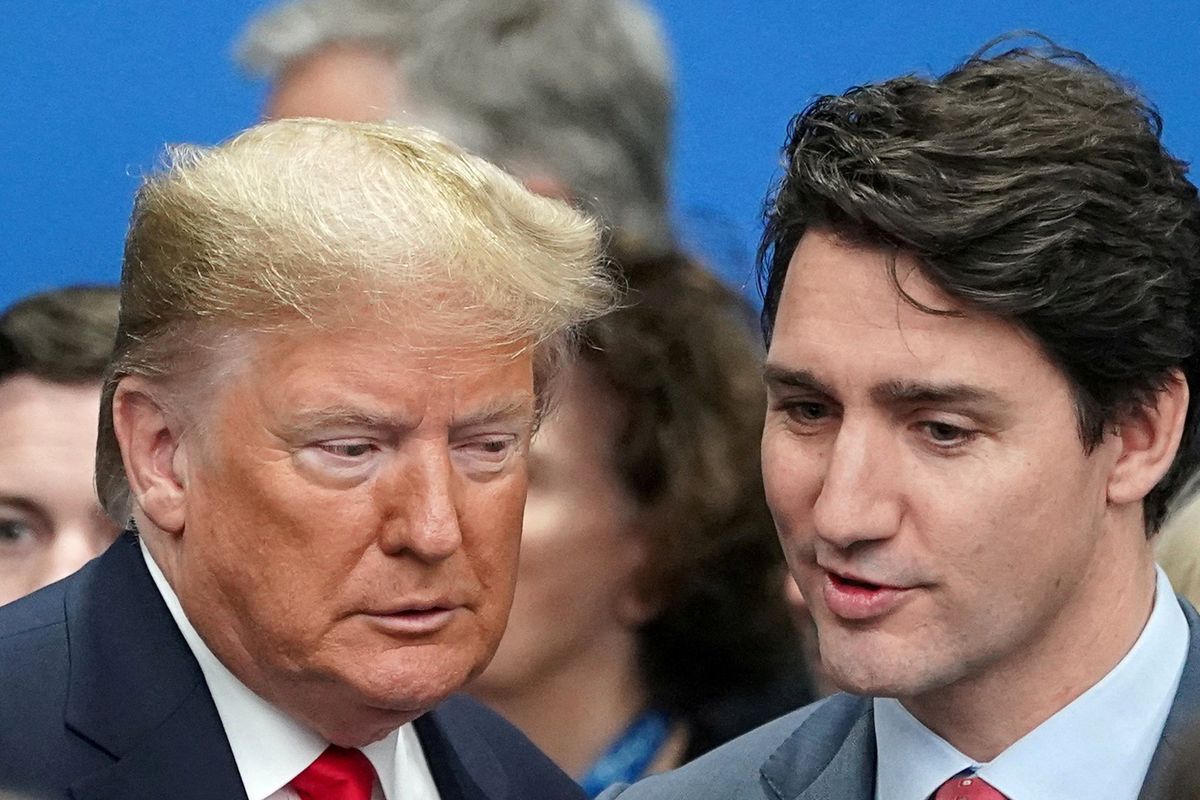ARTICLE AD BOX

President-elect Donald Trump took to his social media site to stir speculation that he intends to merge Canada with the United States.
In a post on Truth Social, Trump reshared a screenshot of a report that Shark Tank co-host and Canadian Kevin O'Leary — not Prime Minister Justin Trudeau or any other Canadian leaders — would discuss the merger of the two countries.
Trump shared the report after O'Leary told Fox News that he was headed to Mar-a-Lago to "start the narrative" about merging the two countries because "We don't want Trudeau negotiating this deal."
ALSO READ: 'Idiot' MAGA senator mocked for claiming Trump brought Christmas 'back'
"Think about the power of combining the two economies," O'Leary said.
Other than a hostile takeover of the country, his ideas include a European Union-style passport that would allow Americans and Canadians to move in and out of Canada for housing or work, an open trade agreement, and the use of the same currency, presumably the U.S. dollar.
Canada has a population of just over 41 million citizens in its 10 provinces and three territories. But it is a country with a land mass slightly more expansive than the U.S.
Trump has threatened Canada with a massive tariff war. He announced that, through an executive order, he would impose a 25% tax increase on imports from Canada on Jan. 20. Now he appears to be indicating that if Canada joins with the U.S. he would allow completely free trade between the two countries.
In his holiday message, Trump sent a "Merry Christmas" to “Governor Justin Trudeau of Canada, whose Citizens’ Taxes are far too high, but if Canada was to become our 51st State, their Taxes would be cut by more than 60%, their businesses would immediately double in size, and they would be militarily protected like no other Country anywhere in the World. Likewise, to the people of Greenland, which is needed by the United States for National Security purposes and, who want the U.S. to be there, and we will!...”
It's unclear whether Trump would allow Canadians to vote in the U.S. elections as a "state" or let them have representation in the U.S. House and Senate.
.png)
 2 days ago
4
2 days ago
4








 English (US)
English (US)